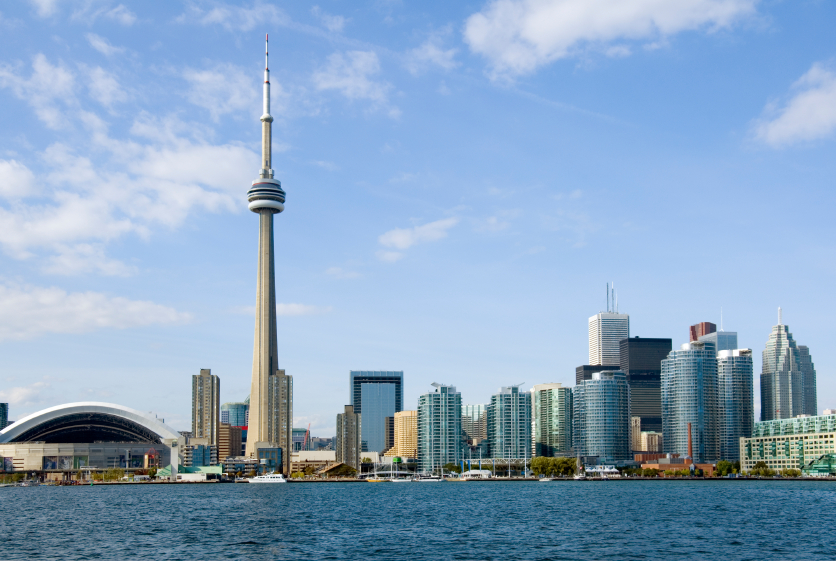Canadian province to give every citizen $1,320 income boost to overcome poverty
One in five children live in poverty in Canada, according to Unicef, and a recent poll found two-thirds of Canadians open to the idea of basic income

Your support helps us to tell the story
From reproductive rights to climate change to Big Tech, The Independent is on the ground when the story is developing. Whether it's investigating the financials of Elon Musk's pro-Trump PAC or producing our latest documentary, 'The A Word', which shines a light on the American women fighting for reproductive rights, we know how important it is to parse out the facts from the messaging.
At such a critical moment in US history, we need reporters on the ground. Your donation allows us to keep sending journalists to speak to both sides of the story.
The Independent is trusted by Americans across the entire political spectrum. And unlike many other quality news outlets, we choose not to lock Americans out of our reporting and analysis with paywalls. We believe quality journalism should be available to everyone, paid for by those who can afford it.
Your support makes all the difference.A Canadian province is to run a pilot project aimed at providing every citizen a minimum basic income of $1,320 (£773) a month.
The provincial government of Ontario confirmed it is holding public consultations on the $25m (£15m) project over the next two months, which could replace social assistance payments administered by the province for people aged 18 to 65.
People with disabilities will receive $500 (£292) more under the scheme, and individuals who earn less than $22,000 (£13,000) a year after tax will have their incomes topped up to reach that threshold.
The pilot report was submitted by Conservative ex-senator Hugh Segal, who suggested the project should be tested on three distinct sites: in the north, south and among the indigenous community of Ontario.
Areas with high levels of poverty and food insecurity should be chosen for the test project, Mr Segal recommended.
“It is in fact the precinct of rational people when looking to encourage work and community engagement and give people a floor beneath which they’re not allowed to fall,” he said.
“We can do this for seniors without having to add any more bureaucrats or civil servants, we respect their freedom to choose, we give them the money, they decide what’s important. Why would we treat other poor people differently?
“What Ontario is doing is saying let’s have a pilot project, let’s calculate the costs, let’s calculate the positive and the nudge effects behaviourally.”
Mr Segal confirmed that participation in the project, which is due to launch in spring 2017, will be voluntary and promised “no one would be financially worse off as a result of the pilot”.
One in five children live in poverty in Canada, according to Unicef, and a recent poll of some 1,500 Canadians found two-thirds of those polled were open to the idea of basic income.
A similar project was tested in Dauphin, Manitoba, between 1974 and 1979, with families below the poverty line receiving over $3,000 (£1,757) a month. Over 1,000 citizens were said to have benefited from the scheme.
Join our commenting forum
Join thought-provoking conversations, follow other Independent readers and see their replies
Comments